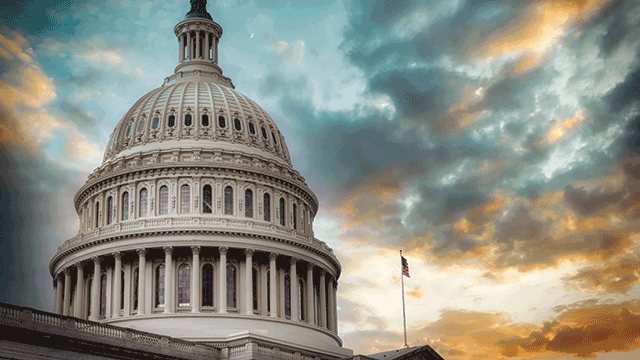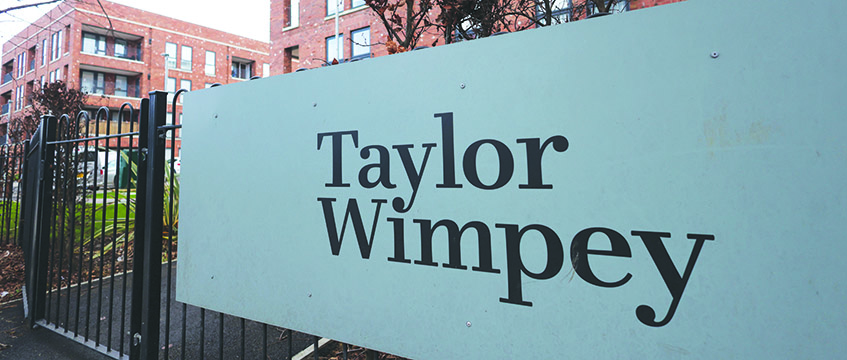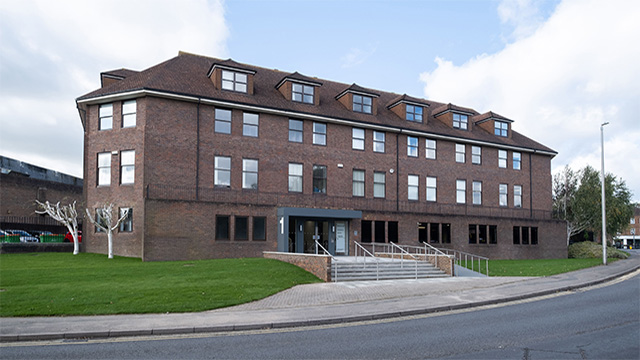Americas drags on Grosvenor as UK business outperforms
Challenging economic conditions have led Grosvenor to report another year of falling revenue profit from its international urban property estate.
Revenue profit – net income minus administrative and other expenses and financing costs – fell to £41.5m in 2023, down from £52.7m a year earlier and from £99.7m in 2021, according to the group’s latest annual report.
Chief executive Mark Preston said: “We are getting used to the idea that the broadly stable economic and political environment of the last four decades – at least for the Western world – is not likely to return for the foreseeable future, if ever.
Challenging economic conditions have led Grosvenor to report another year of falling revenue profit from its international urban property estate.
Revenue profit – net income minus administrative and other expenses and financing costs – fell to £41.5m in 2023, down from £52.7m a year earlier and from £99.7m in 2021, according to the group’s latest annual report.
Chief executive Mark Preston said: “We are getting used to the idea that the broadly stable economic and political environment of the last four decades – at least for the Western world – is not likely to return for the foreseeable future, if ever.
“Our approach at Grosvenor in addressing these difficulties is to remain true to – and guided by – our purpose and values, focusing on the resilience of our businesses, encouraging innovation and adaptability, and maintaining a close eye on prudent financial measures and ratios.”
Grosvenor said the main driver for the decline across its urban estate was an impairment recognised on its North American trading properties, notably residential development projects in San Francisco, without which it said that revenue profit would have exceeded 2022.
The Americas property business recorded a revenue loss of £27.7m during the year under review.
The UK property business was the star performer for Grosvenor last year, however, reporting an increase in revenue profit to £60.5m. This was up from £38.3m in 2022. The strong performance was driven by some £20m of new rent from the 176,500 sq ft of development completed across the Grosvenor Property UK estate.
Total returns from the group’s property holdings moved into negative territory at -0.2%, down from 3.5% in 2022 and 5.2% in 2021. The UK property business outperformed again, delivering a total return of 4.2%, against 1.8% in 2022. The group’s Europe portfolio and Americas business were the poorest performers with total returns of -8% and -7.9% respectively.
Net income across the urban estate was down from £284.8m in 2022 to £239.3m last year. A £56.7m write-down on the value of the estate and sale of investment properties saw the division slip into the red. The group recorded a pretax loss of £28.6m for the year, down from a profit of £110.4m in 2022.
Grosvenor said the value of its portfolio had been more resilient than expected over the period under review, however. The value of the group’s estate stood at £8.6bn in 2023, down from £9bn a year earlier. Assets under management totalled £10.8bn, down from £11.5bn in 2022.
Offices make up the majority of Grosvenor’s portfolio – some 38% by value – followed by residential (24%) and retail (21%).
The group said its available cash had reduced from £2.3bn to £2bn between 2022 and 2023, as a result of capital expenditure on developments and investment in its diversified property investments business, but that the level was “sufficient” to meet business aims.
“A prudent stance leaves us with sufficient financial capacity and the continued ambition to significantly grow and diversify our international property investment activity as markets adjust and recover, and as interest and inflation rates ease,” said Preston.
He added: “We are seeing evidence of the gap between buyers and sellers narrowing, especially in North America where pricing expectations are resetting to pre-pandemic levels. It is also apparent that the institutional sell-off of property assets to rebalance their relative exposure to real estate may have run its course. With economic indicators improving and interest rates seemingly having peaked, we expect deal activity to increase and investment opportunities in 2024 and beyond to grow.
“With a short-term lens, 2023 will go down as a challenging year of high interest rates, dampened investor confidence, and downward pressures on valuations,” said Preston. “Our financial results reflect these challenges but are a resilient expression of the continued appeal and underlying revenue strength of our properties, and also reflect reduced trading profits given we deliberately slowed our development pipeline in anticipation of worsening economic times.
“With a longer-term lens, however, I look at 2023 as a year of significant progress in the delivery of lasting benefits, in terms of sustainable growth, the wellbeing of the communities we are part of, and, in respect of our approach to environmental sustainability.”











